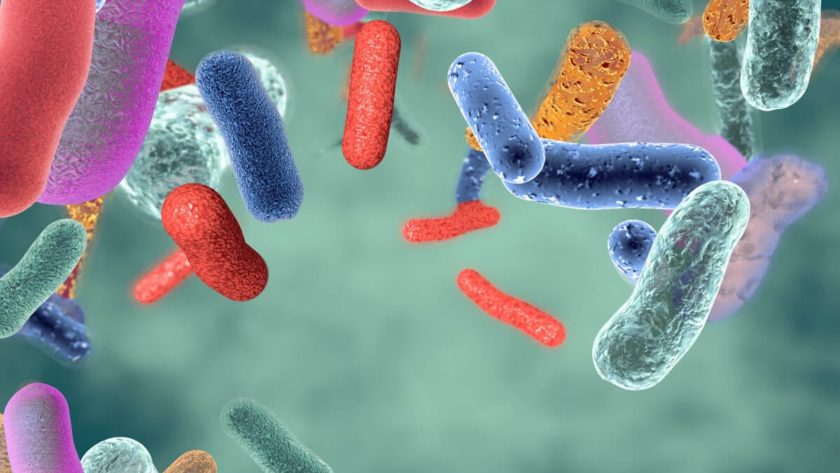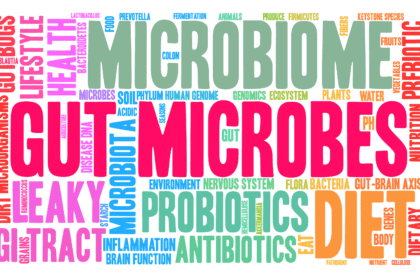The health of the gut has been a hot topic lately, but what does it all mean? There are prebiotics, probiotics, polyphenols, and gut microbiome…. In this KRON 4 segment, I decipher these terms and explain why our gut health affects our overall health.
What is Microbiome?
Microbiome is where all the bacteria (both good and bad) in your digestive tract live. Think of your large intestine as one large bacterial ecosystem that protects, strengthens, and nourishes you.
Too Many Bad Bugs
Too many of the bad bacteria can result in a “malfunctioning gut”, which is linked to:
- Inflammatory diseases (atherosclerotic coronary artery disease, type 2 diabetes, insulin resistance, Alzheimer’s, some cancers)
- Obesity, eating disorders
- Depression
- Gastrointestinal disorders
* Gut Bugs Love Probiotics, Prebiotics, and Polyphenols *
Probiotic Sources
Probiotics are good bacteria found in food. They can help your gut bacteria stay in “equilibrium” and may help strengthen the immune system (ease allergy symptoms) and improve gut health (ease irritable bowel syndrome).
- Foods with live bacterial cultures, i.e., lactobacillii and bifidobacteri (yogurt, kefir, and aged cheeses).
- Fermented plant foods, i.e., kimchi, sauerkraut, tempeh, miso, kombucha, pickled vegetables (e.g., onions, gherkins)
NOTE: When you take antibiotics to fight off a pathogen (bad bacteria), you wipe out both your good AND bad bacteria leaving you with a “malfunctioning gut”. Be sure to replant those good bug ‘seeds’ with probiotics in your diet.
Prebiotic Sources
Prebiotics boost the growth of microbiota. Think FIBER. Foods most beneficial to gut microbiome are those that contain dietary fibers (a large class of non-digestible carbohydrates).
Prebiotic sources include whole grains, fruits, vegetables, and legumes, such as:
- Wheat (wheat is a a good source of prebiotics)
- Bananas, onions, garlic, leeks
- Asparagus, artichokes, soybeans
Polyphenol Sources
Polyphenols are beneficial compounds in many plant foods which are also packed with antioxidants, such as:
- Fruits
- Vegetables
- Herbs, spices
- Tea, wine
- Dark chocolate
What Happens When You Eat Too Much Meat
TMAO (trimethylamine N-oxide), a compound measurable in the blood, is formed when bacteria in the gut digest nutrients abundant in red meat, egg yolks, and high-fat dairy. See KRON 4 | Paleo Diet and Heart Disease.
![]() Karen’s Fit Tip: Think of your gut as a large vegetable garden, the probiotics as the seeds, and the prebiotics and polyphenols as the fertilizer to help the seeds flourish.
Karen’s Fit Tip: Think of your gut as a large vegetable garden, the probiotics as the seeds, and the prebiotics and polyphenols as the fertilizer to help the seeds flourish.
Feed your good gut bacteria by eliminating highly processed foods that are generally high in fat and/or sugar. For a healthy gut and a healthy body, eat lots of high-fiber plant foods which will ‘fertilize’ your good gut microbes.





